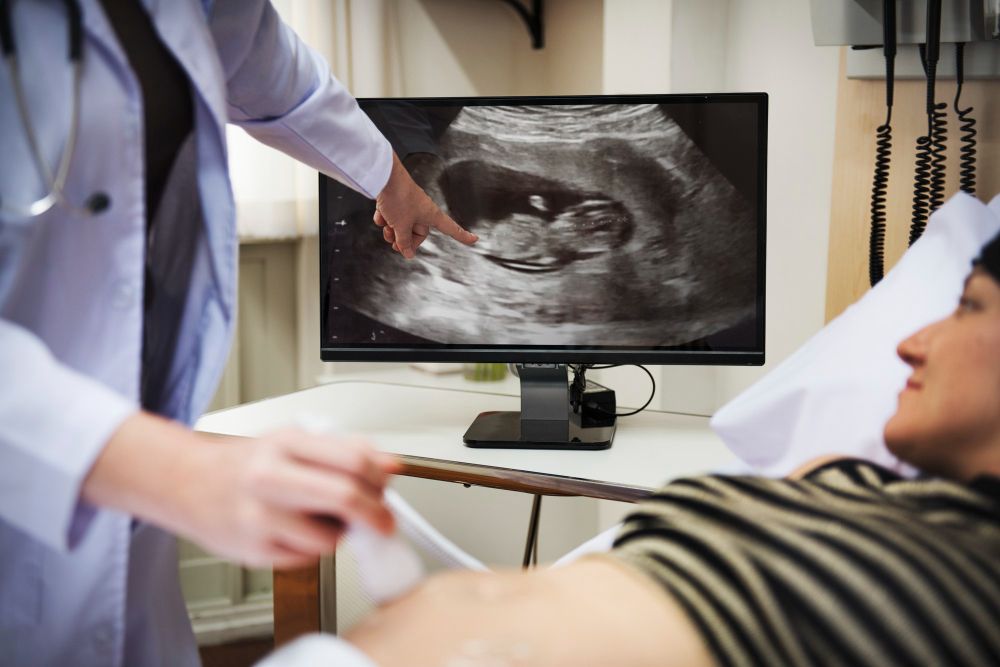What is an Ectopic Pregnancy?
An ectopic pregnancy happens when a fertilized egg grows outside the uterus. Most often, it develops in a fallopian tube. Because the tube cannot support a growing baby, this condition can be dangerous. Early detection of ectopic pregnancy is important for your health. According to the CDC, ectopic pregnancies occur in about 1-2% of all pregnancies.
Common Symptoms and Warning Signs
Recognizing ectopic pregnancy symptoms early can save lives. At first, you may notice signs similar to a normal pregnancy. However, some warning signs are different. For example, you may have:
Sometimes, these symptoms appear between the fourth and twelfth week of pregnancy. If you notice any of these early signs of ectopic pregnancy, seek medical help right away.
Causes and Risk Factors
Several factors can increase your risk of ectopic pregnancy. For instance, previous infections or surgeries in the pelvic area may cause scarring. This can block the egg’s path to the uterus. Other risk factors include:
Knowing these causes and risk factors can help you discuss your health with your doctor.
How Ectopic Pregnancy is Diagnosed
Doctors use several methods to diagnose ectopic pregnancy. First, they ask about your symptoms and medical history. Next, they may do a pelvic exam to check for pain or tenderness. In addition, you may need:
Early diagnosis is key. It helps prevent serious health problems and guides the best treatment plan.
Treatment Options and Recovery
Treatment for ectopic pregnancy depends on your health and how early it is found. There are two main options:
After treatment, most people recover well. However, regular follow-up visits are important. These visits help your doctor check your recovery and answer any questions.
Prevention Tips and Lifestyle Guidance
While not all ectopic pregnancies can be prevented, you can lower your risk. Here are some helpful tips on how to prevent ectopic pregnancy:
Additionally, regular check-ups and open talks with your doctor can help you stay healthy.
When to Seek Medical Help
If you have any ectopic pregnancy symptoms, do not wait. For example, sudden severe pain, heavy bleeding, or fainting are emergencies. In these cases, call your doctor or go to the nearest hospital right away. Quick action can save your life and protect your health.
If you suspect an ectopic pregnancy, consult a healthcare specialist immediately for personalized care and guidance.

